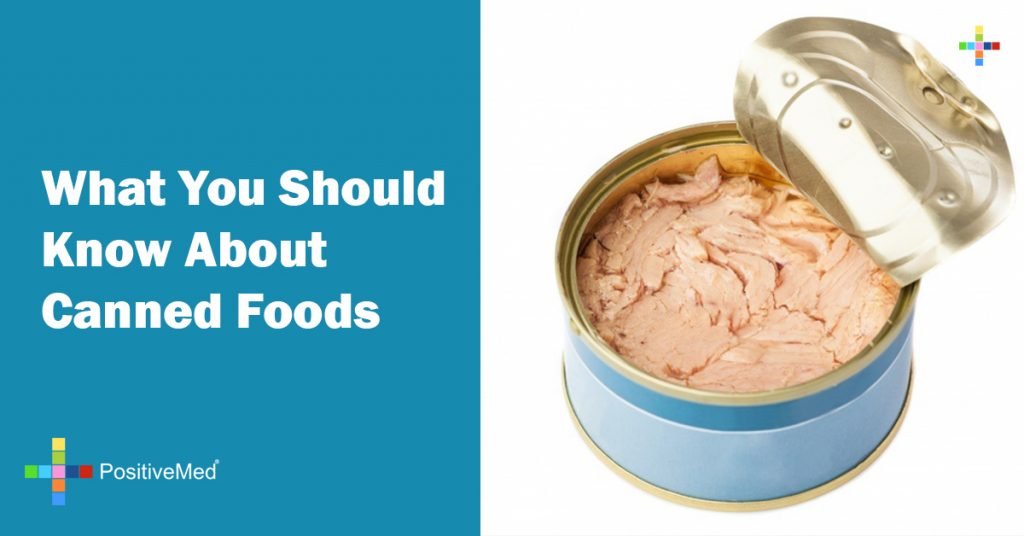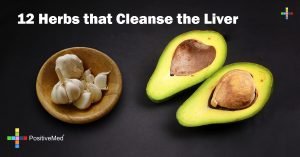
What You Should Know About Canned Foods
The vast majority of Americans need to eat more fruits and vegetables. In fact, only 33% and 27% of Americans meet government recommendations for fruit and vegetable intake, respectively. However, finding foods that are nutritious, affordable, and safe can be difficult. A recent Michigan State University (MSU) study shows that canned foods offer all that. This can help people increase their fruit and vegetable intake, regardless of what area of the country they live, what time of year it is, or how much money they make.
When you are trying to be healthy, you want to squeeze out the most beneficial nutrients from the least amount of food. In other words, you want the most vitamins and minerals for the least calories. So which is better – canned food or fresh food? Conventional wisdom says that fresh food is better because the process of canning the food removes valuable nutrients.
The problem with this piece of conventional wisdom is that many people define the phrase ‘fresh food’ too leniently. Far too many consider that the apple or pear or head of cabbage they buy from the local grocer or supermarket is fresh. They make this assumption simply because the food does not come in a can. Unfortunately for them, many of the fruits and vegetables found in their local grocery and markets have been exposed to the environment for a few days or weeks before they even reach the market. The entire process of picking the fruits and vegetables, transport from the farm to centralized warehouses, to washing and packing, transporting from the centralized warehouse to the final warehouse, and final transport to the market could take several days or weeks.
Today we know that a number of factors cause food to go off. Microbes are one of them, enzymes, oxidation, and dehydration are the others. The canning process eliminates all these factors. Exposure to air destroys vitamin A. If you remove the air, even if you heat the food, the amount of vitamin A in the food stays much the same, so canning hardly affects this important vitamin.
Exposure to heat usually destroys vitamin C, but only in the presence of air as well. If you remove the air, the amount of vitamin C in the food remains much the same.
Neither does canning appear to affect vitamin B2, but it does have some effect on vitamin B1. If the food containing vitamin B1 is very acidic, the amount of vitamin B1 stays much the same. If it is not very acidic, canning it safely needs higher temperatures for a longer time, and then not much vitamin B1 remains.
In general, canning does not seem to affect the nutritional values of food very much. From that point of view, there’s no need to feel guilt about turning to a can for a quick and convenient meal. Those fresh vegetables can lose more vitamins simply by lying in storage rack for a week.
Remember that food is canned raw, and heating cooks it. A good cannery will make sure that the raw food is fresh and absolutely clean. Usually, cleaning means either washing it thoroughly, or blasting it with air to remove unwanted particles of sand or grit. If you do have problems with contaminated food, the problem lies with company canning the food, and not the canning process as such. If your canned food has grit or other strange bits in it, don’t buy that particular brand ever again.

Sometimes a technical hitch can cause contamination in a particular batch of cans. For this reason, always check your cans carefully before opening them. They should be completely airtight. If your can bulges, take it back to the store where you bought it and get a refund or a replacement. A bulging can indicates infection by microbes and the food in that particular can is not safe to eat. Don’t feed your pets food from bulging cans either.
Even if the can doesn’t bulge, but there’s a hiss when you open it, it’s better to be safe than sorry and throw the food away. Make a note of the batch number on the tin itself, so that you can give it to the manufacturer when you phone to complain. A reputable company will almost certainly want to withdraw that entire batch from circulation.
Finally, remember that what is canned is more important than the canning process itself. Read the labels on your cans and look for ingredients that you consider unhealthy or that have a bad effect on you. All the canning in the world can’t turn a bad food into a good one! Buy canned fruits in fruit juice rather than syrup and make sure canned veggies don’t have added sodium.
New Study Shows Canned Foods…; Yahoo! Finance
Losing Weight, The Controversial Truth…; Calvin Loh
Canned Food, Good or Bad for Your Health?; Sheryl Loaquin
Canned Food Bad For You?; All Experts, Food Science





